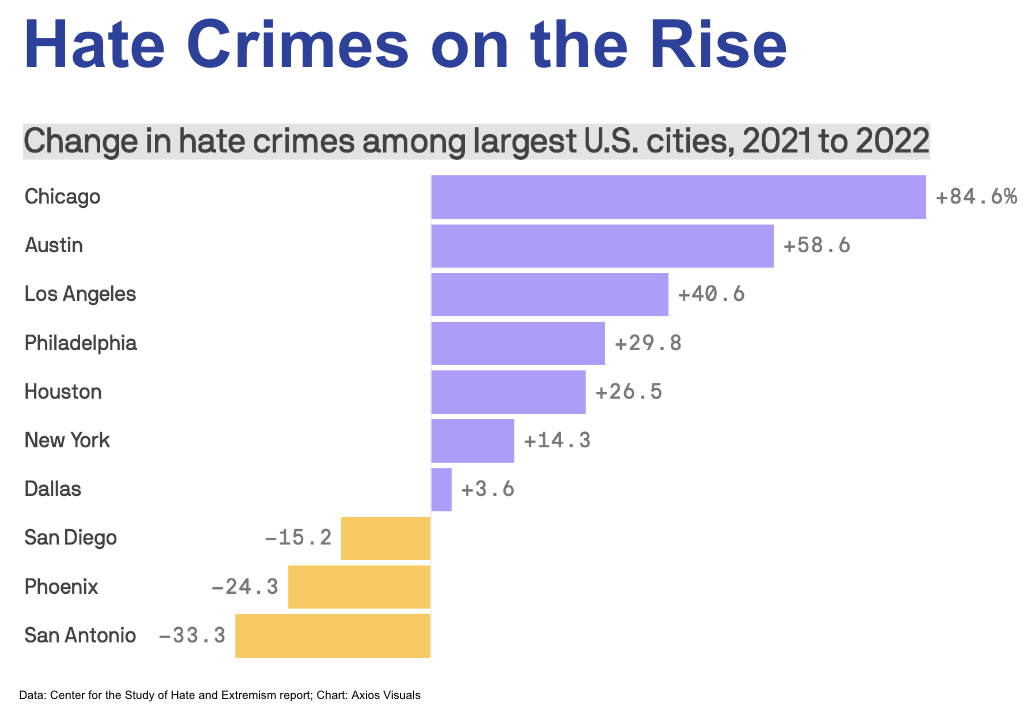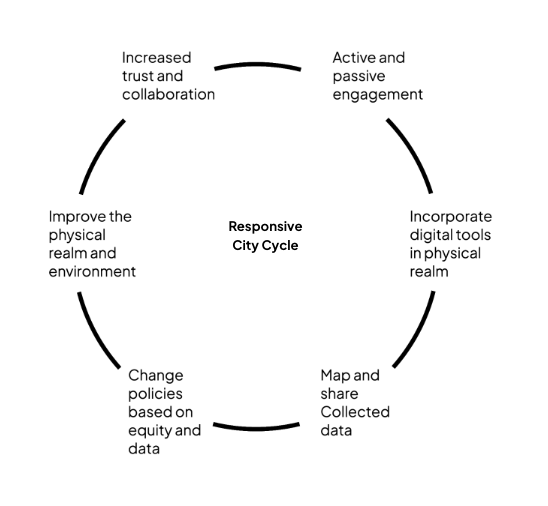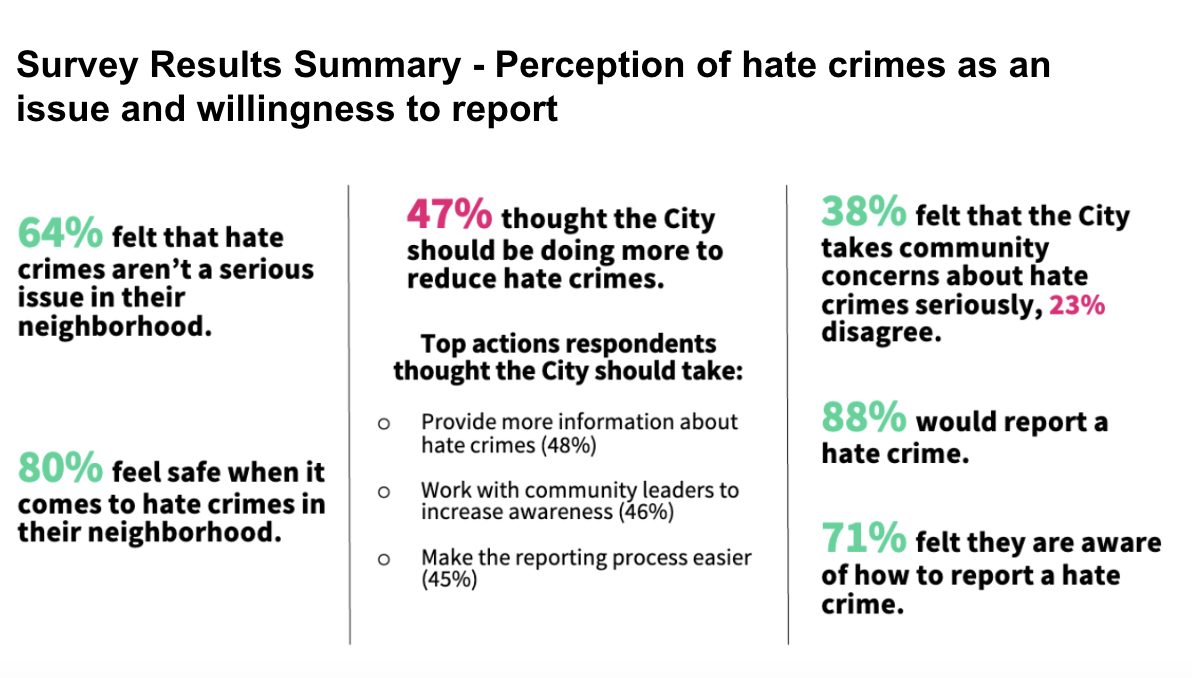Addressing Hate Crime Through Data Storytelling

Meg Maguire
Senior Customer Success Manager
Addressing Hate Crime Through Data Storytelling
The Challenge: Addressing Hate Crimes:

Amidst a surge in hate crimes, the City of Austin had a clear mission. They wanted to address the increasing hate crimes and ensure their residents knew they were aware of the issue, help people reach the right resources, and understand why some residents weren't reporting these crimes.
The Approach: Telling a Data-Driven Story:

Instead of taking action based on assumptions or anecdotal evidence, they wanted to contact the community directly. Zencity's innovative approach to surveying helped the City of Austin hear from a diverse set of residents and gather responses quickly.
This data informed a powerful communications campaign known as "We All Belong." The campaign aimed to promote inclusivity and unity within the city. It sent a clear message: Austin is committed to making the city safe for everyone.
As part of this campaign, Zencity and Esri partnered together to help Austin share this data with residents. The magic happened when Esri used the community survey data to create a visually captivating StoryMap contextualizing the city's challenges. This StoryMap reflected residents' perceptions of hate crimes and Austin Police Department report data and was mapped to council districts. Residents could access this interactive map to better understand the issues and how they impacted their neighborhood and other parts of the city.
The Outcomes: Building Trust with Residents:

Alicia closed the ICMA session with how Austin's approach can be replicated successfully in various contexts. Here are some key takeaways that also highlight the outcomes the City of Austin achieved:
- Informed Decision-Making: The approach enabled real-time assessment, informing data-driven decisions for leadership and policymakers.
- Enhanced Strategic Communications: It improved transparency and communication with residents, resulting in over 14,000 visits to austintexas.gov/againsthate.
- Community-Centered Initiatives: The approach encouraged intuitive and community-centered programs like the "Party at the People's House".
- Online Tools Utilization: The campaign increased the use of online hate crime reporting tools and made it easier for residents to report hate crimes.
Summary
Austin's journey demonstrates that with data, transparency, and the right tools, cities can tackle complex challenges while building trust and engagement within their communities.
%20copy-1.png?width=544&height=120&name=Logo_black%20(1)%20copy-1.png)




